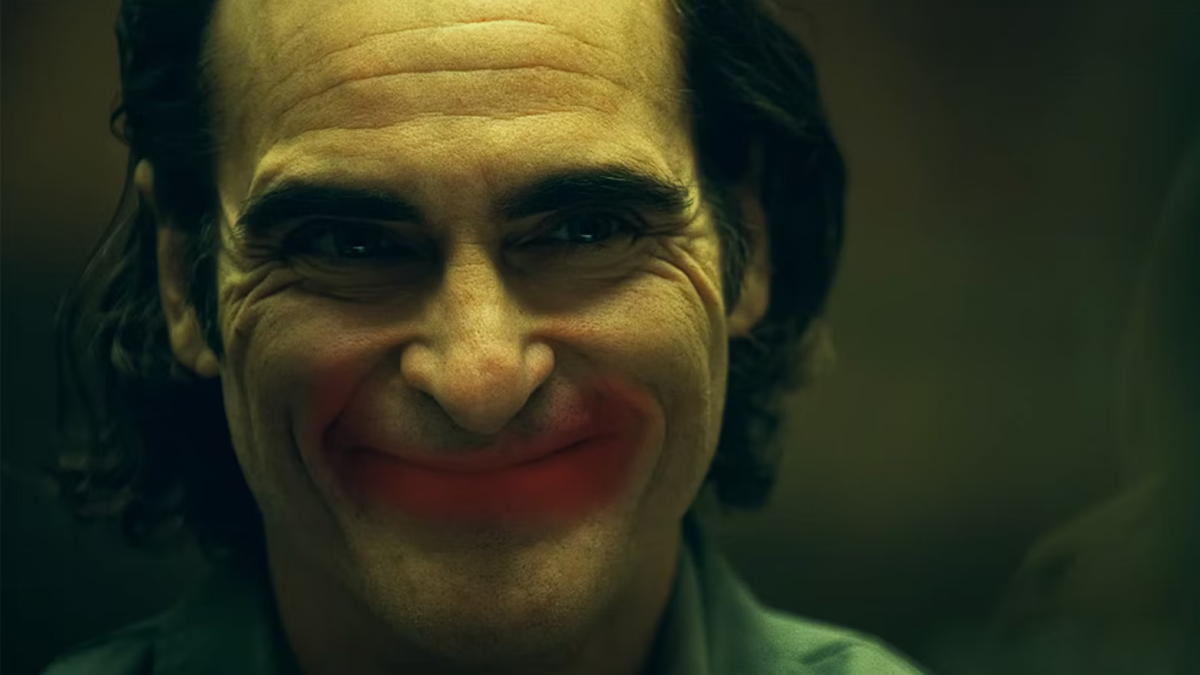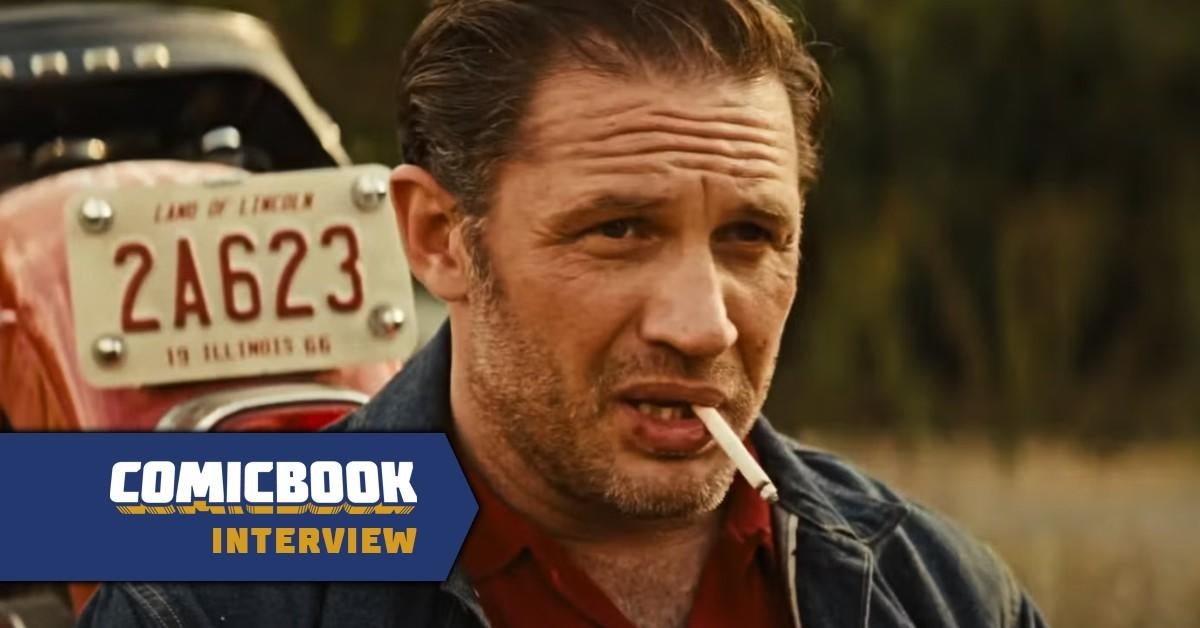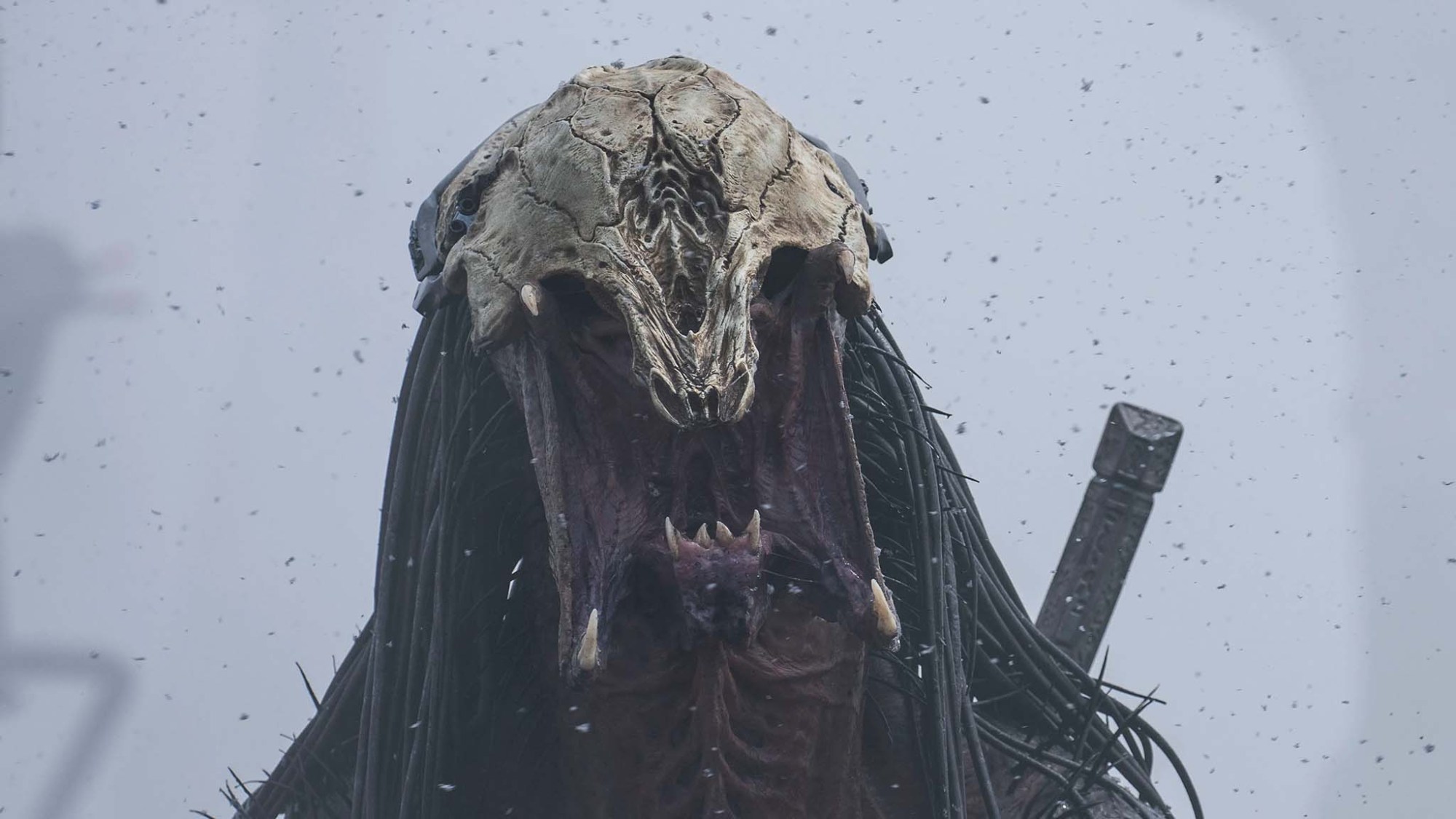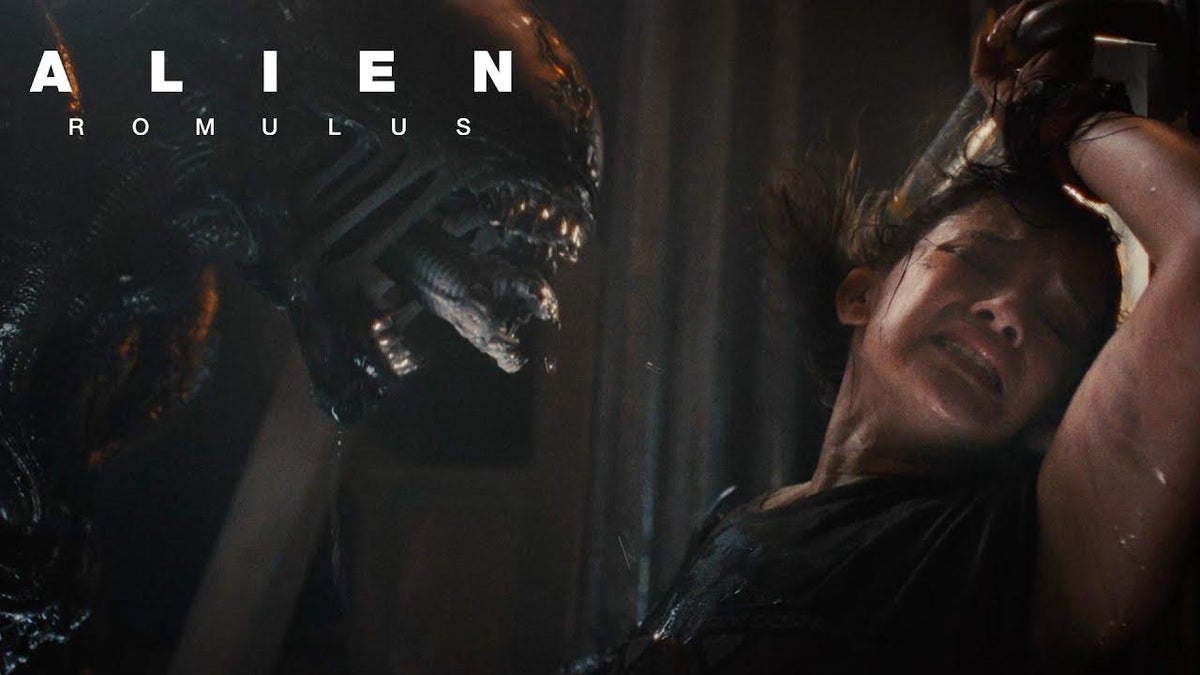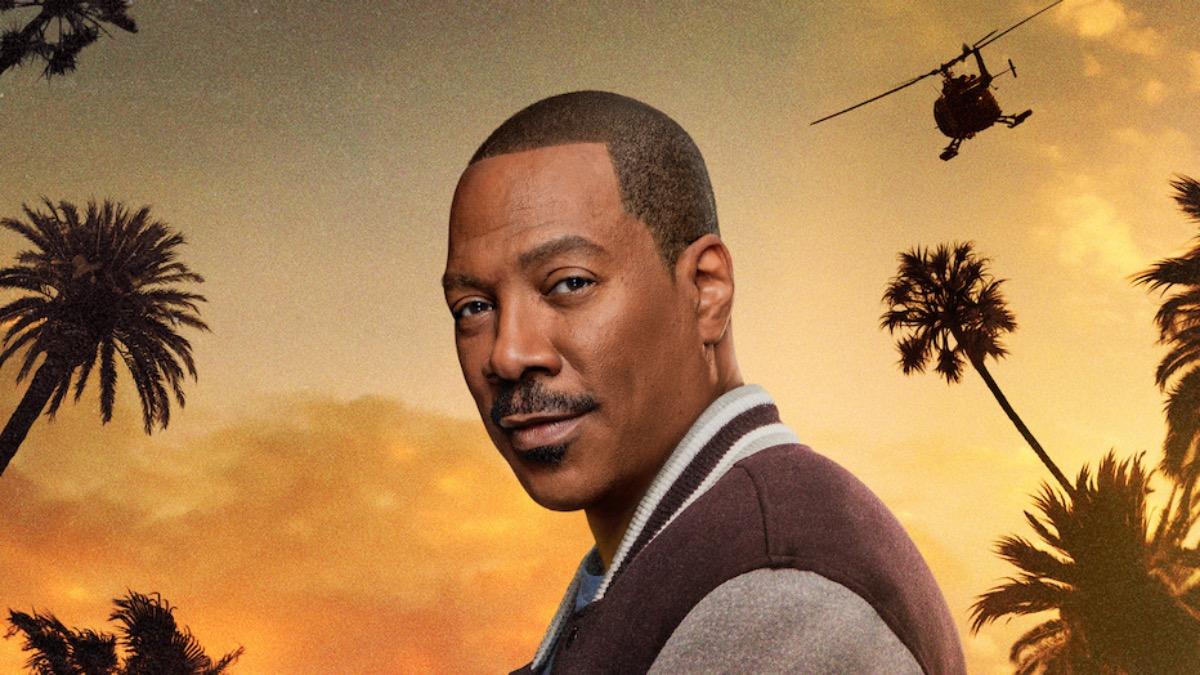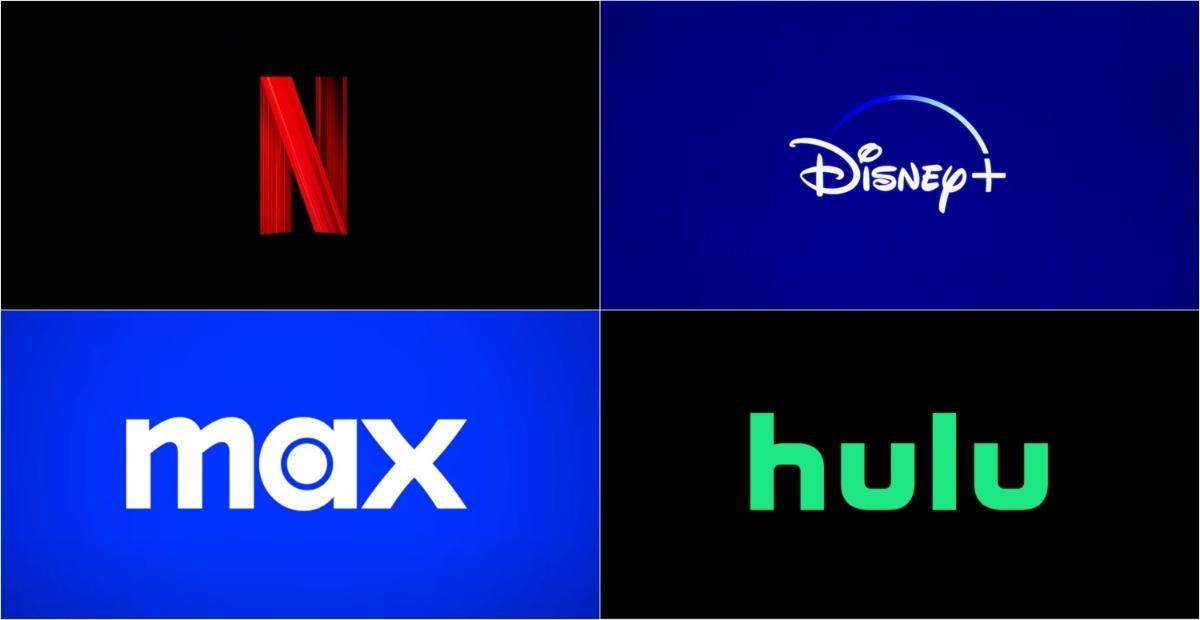
Director Todd Phillips breaks down the controversial Joker: Folie à Deux ending.
Warning: This article contains Joker: Folie à Deux spoilers. “I just hope my death makes more sense than my life,” Arthur Fleck (Joaquin Phoenix) writes in his journal in 2019’s Joker. A self-described mentally-ill loner who works as a clown while pursuing a career in stand-up comedy, Arthur’s Joker inadvertently inspires a movement after he murders three Wayne employees on the subway. “If it was me dying on the sidewalk, you’d walk right over me. I pass you every day, and you don’t notice me,” Joker complains just before shooting and killing late night host Murray Franklin (Robert De Niro) live on television, sparking a riot that culminates in the deaths of Martha and Thomas Wayne on the streets of Gotham City.
By the end of the first film, Arthur revels in the anarchy and destruction carried out by the masked mob of clowns who embrace Joker as a symbol for those who have been “ignored by the system.” In Joker 2, that includes Arthur’s fellow Arkham patient Harleen “Lee” Quinzel (Lady Gaga), who institutionalizes herself to become Joker’s Clown Princess of mostly-fantasized crime.
But during his televised trial prosecuted by Gotham assistant District Attorney Harvey Dent (Harry Lawtey) — in which Joker, in full clown makeup, represents himself after dismissing his well-meaning defense lawyer (Catherine Keener) — the clown confesses after a stirring testimony by his one-time friend and co-worker Gary Puddles (Leigh Gill): There is no split personality. There is no Joker. There’s just Arthur.
Disillusioned by Arthur’s rejection of Joker — Lee, notably, never called him “Arthur,” just “Joker” — Lee rejects not-Joker. After he’s returned to Arkham State Hospital, Arthur is stabbed to death by an inmate (Connor Storrie) who idolized Joker. Delivering a killing joke, if you will, the laughing inmate then carves a smile into his face. And the Joker lives.
“He realized that everything is so corrupt, it’s never going to change, and the only way to fix it is to burn it all down,” director Todd Phillips explained to Entertainment Weekly. “When those guards kill that kid in the [hospital] he realizes that dressing up in makeup, putting on this thing, it’s not changing anything. In some ways, he’s accepted the fact that he’s always been Arthur Fleck; he’s never been this thing that’s been put upon him, this idea that Gotham people put on him, that he represents.
“He’s an unwitting icon,” Phillips continued. “This thing was placed on him, and he doesn’t want to live as a fake anymore — he wants to be who he is.” And who he wants to be is Arthur Fleck.
Ricky’s (Jacob Lofland) death and Puddles’ testimony are a fatal double-blow to Arthur, as he’s lost his only friends. “The sad thing is, he’s Arthur, and nobody cares about Arthur,” Phillips said, including Lee. “[She’s] realizing, I’m on a whole other trip, man, you can’t be what I wanted you to be.” The Arthur-Lee breakup sequence on the stairs is “really happening,” Phillips added, and not in Arthur’s head.
In the end, there’s a meta component to the realization that Arthur Fleck isn’t the Joker. As audiences who gave Joker 2 a D grade on CinemaScore might agree: nobody cares about Arthur unless he’s Joker, and Arthur isn’t the Joker. Ha, ha, ha.
